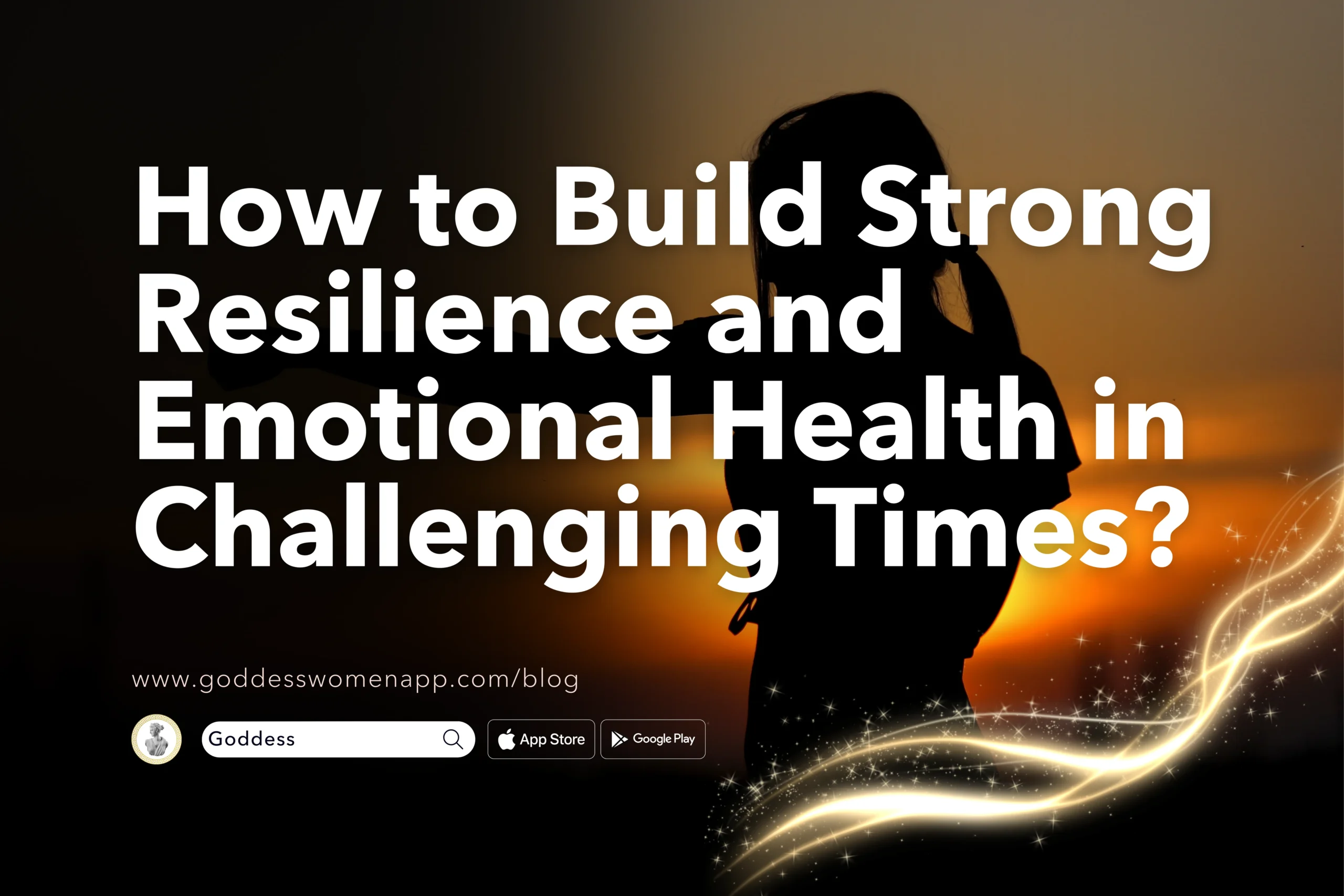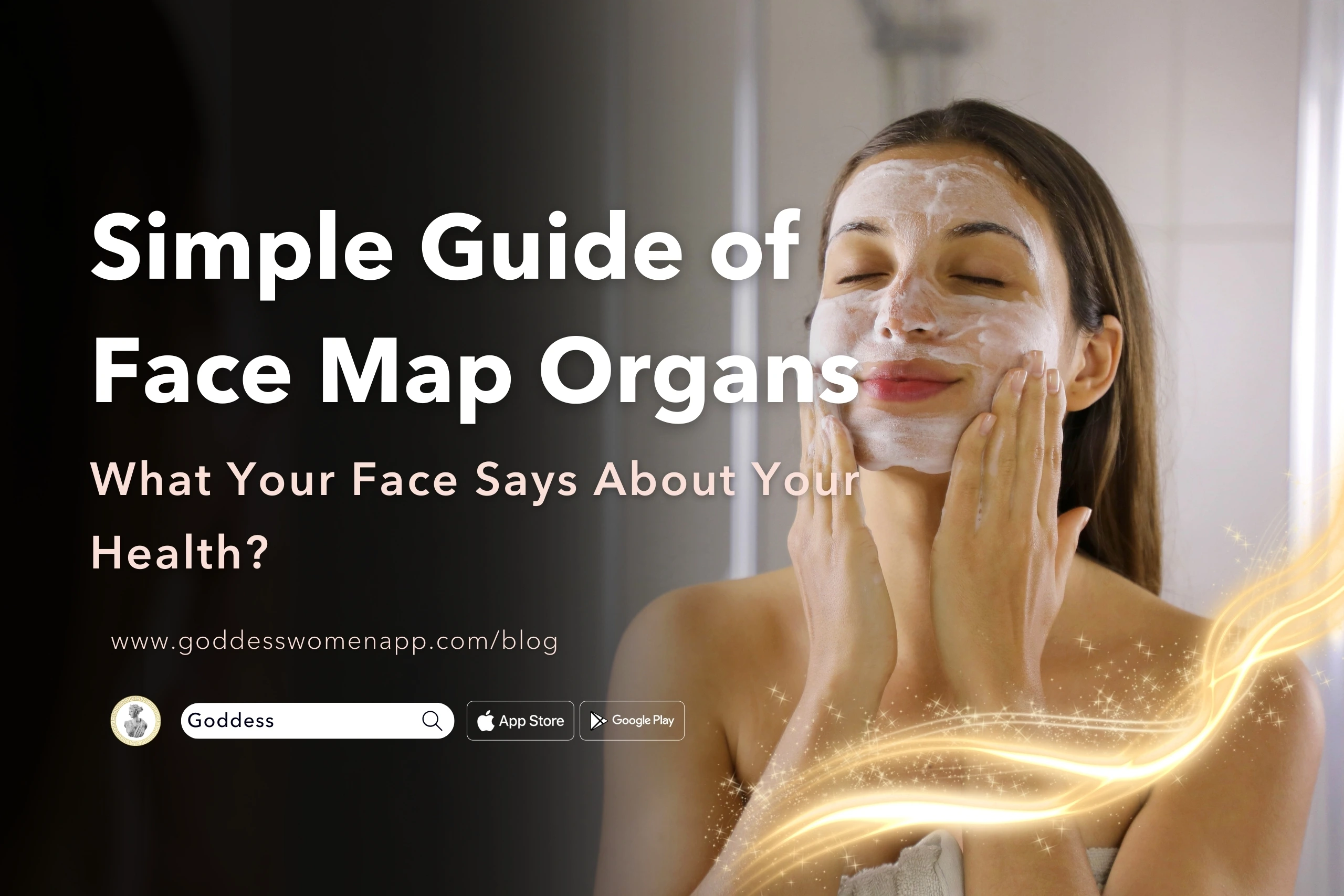In today’s fast-paced world, maintaining good emotional health is more important than ever. Emotional health not only affects our mental well-being but also has a significant impact on our physical health. It is crucial to understand how to build resilience, especially during challenging times, to protect our overall emotional and physical well-being.
What is Resilience?
Resilience is the ability to adapt and bounce back from adversity. It is a key component of emotional health and plays a vital role in maintaining positive psychological functioning. Resilient individuals are better equipped to cope with life’s challenges and are less likely to develop mental health conditions like depression and anxiety.
Building resilience involves developing coping skills and cultivating a positive mindset. It also includes seeking support from others and maintaining healthy relationships. By taking proactive steps to build resilience, we can enhance our emotional well-being and navigate life’s ups and downs with greater ease.
Goddess is the right proactive step to build resilience and enhance emotional well-being for all women. Personalized routines and practices based on your Goddess archetypes helps you to understand yourself and transform you to reach your fullest potential.

Factors Influencing Resilience
Several factors can influence resilience, including genetics, environment, and personal experiences. Genetics play a role in determining our ability to cope with stress and adversity. However, environmental factors, such as life events and social connections, also play a crucial role in shaping our resilience.
Personal experiences, such as overcoming challenges and developing coping skills, can further enhance resilience. Building resilience is a holistic process that involves addressing these various factors to strengthen our emotional health.
Building Resilience Through Mindfulness and Meditation
Mindfulness and meditation are powerful tools for building resilience and enhancing emotional health. Mindfulness involves being present in the moment and accepting our thoughts and feelings without judgment.
It can help us develop self-awareness and emotional regulation, which are essential for resilience. Meditation, on the other hand, can help calm the mind and reduce stress, improving our ability to cope with life’s challenges. By incorporating mindfulness and meditation into our daily routines, we can build resilience and improve our overall well-being.
Download Goddess now! Unlock a wealth of meditation practices, yoga routines, and mindfulness exercises designed to help you connect with your inner self.
Developing Coping Skills
Developing coping skills is essential for building resilience and maintaining good emotional health. Coping skills are strategies that help us manage stress and navigate difficult situations. Some coping skills include exercise, journaling, and engaging in hobbies.
These activities can help us reduce negative emotions and improve our overall well-being. By developing coping skills, we can enhance our ability to cope with life’s challenges and maintain good emotional health.

Cultivating a Positive Mindset
Cultivating a positive mindset is another key component of building resilience and enhancing emotional health. A positive mindset involves maintaining a hopeful outlook and focusing on the good things in life. It can help us reframe negative thoughts and cope with stress more effectively.
Cultivating a positive mindset can be achieved through practices such as gratitude journaling, positive affirmations, and surrounding ourselves with positive influences. By cultivating a positive mindset, we can improve our emotional well-being and build resilience in challenging times.
Mental Health and Emotional Health
Mental health and emotional health are closely intertwined, each significantly impacting the other. Good mental health involves effectively coping with life’s challenges, maintaining positive relationships, and having a sense of purpose.
Emotional health, on the other hand, refers to the ability to understand and manage our emotions in a healthy way. When both mental and emotional health are in balance, we can experience overall well-being and a higher quality of life.
Physical Health and Emotional Health
Similarly, physical health plays a crucial role in our emotional well-being. Regular exercise, a balanced diet, and sufficient sleep can all positively impact our emotional health. Physical activity, for example, can help reduce symptoms of depression and anxiety by releasing endorphins, the body’s natural mood elevators.
A healthy diet provides the nutrients necessary for brain function, which can improve our ability to manage stress and regulate emotions. Additionally, getting enough sleep is essential for emotional regulation and cognitive function, as lack of sleep can negatively affect our mood and mental health.
Goddess provides you a holistic health approach and includes healthy diet tips, numerous yoga practices and amazing podcasts are awaiting for you to spare yourself the time you need.

Relationship Between Mental and Physical Health
The relationship between mental and physical health is bidirectional. Poor mental health can negatively impact physical health, leading to issues such as chronic pain, digestive disorders, and a weakened immune system.
Conversely, chronic physical health conditions can take a toll on mental health, increasing the risk of developing anxiety, depression, or other mental illnesses. It’s important to address both aspects of health to achieve overall well-being.
Maintaining Balance for Overall Health
To maintain good emotional health, it’s crucial to prioritize both mental and physical health. This includes engaging in activities that promote mental well-being, such as practicing mindfulness, seeking therapy or counseling when needed, and developing healthy coping mechanisms.
Additionally, taking care of our physical health through regular exercise, a nutritious diet, and adequate sleep can help support our emotional well-being. By addressing both mental and physical health, we can achieve a balance that contributes to overall health and well-being.
Seeking Support and Connection
Seeking support from others is crucial for building resilience and maintaining good emotional health. Building strong social connections and seeking help from mental health professionals can provide us with the support we need during difficult times.
Healthy relationships and a strong support network can help us cope with stress, reduce feelings of isolation, and improve our overall well-being. By seeking support and connection, we can strengthen our resilience and enhance our emotional health and healthy ways.
Conclusion
In conclusion, building resilience and maintaining good emotional health are essential for navigating life’s challenges. Factors such as genetics, environment, and personal experiences can influence our resilience, but by developing coping skills, cultivating a positive mindset, and seeking support and connection, we can enhance our ability to bounce back from adversity.
It’s important to remember that building resilience is a lifelong process that requires effort and commitment. By taking proactive steps to strengthen our resilience, we can improve our emotional well-being and lead happier, healthier lives.
Your emotional wellness and emotional health important so much that it can prevent you from mental health condition. Many mental health professional focus on mental illness but they realized overall emotional health with emotional wellness toolkit will help you develop coping skills
Negative feelings and negative emotions will continue to exist, no escape from that. However, emotional wellness and emotionally healthy people’s self esteem allows their behaviors to control. Prevent you from bad habits such as drinking, drugs and take you important part and meaning of words.
Don’t forget to download Goddess to become a much more resilient, emotionally balanced goddess.

Read more about:




